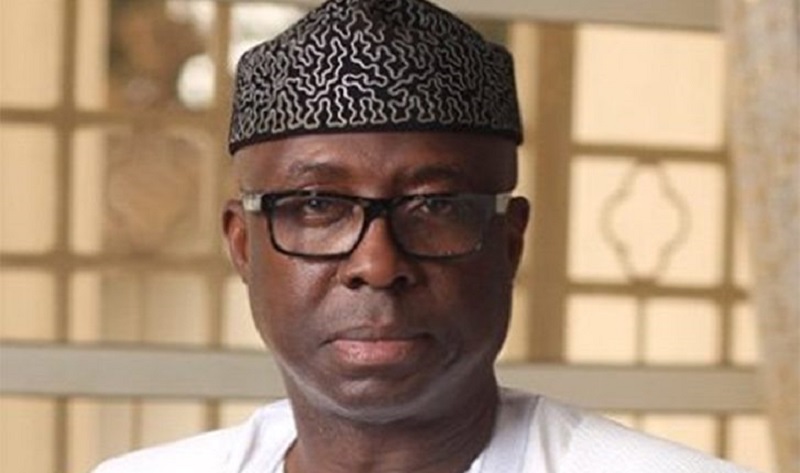The Federal Government has declared that it is reviewing its National Automotive Industry Development Plan, in a bid to boost Nigeria’s rubber industry and diversify the economy.
This was disclosed by the Minister of Industry, Trade and Investment Otunba Adeniyi Richard Adebayo, at the 2021 National Rubber Conference organised by the National Rubber Producers, Processors and Marketers Association of Nigeria (NARPPMAN), in collaboration with the Trade and Agriculture ministries themed: “Industrialization of the Rubber Sub-sector in Nigeria,” on Thursday in Abuja, according to NAN.
The Minister, represented by Alhaji Muhammad Bala, Deputy Director, Industrial Development, added that the FG’s diversification agenda was also focused on agriculture, solid minerals, and manufacturing.
What the Minister said
Adebayo said, “The rubber industry is related to the automotive industry in terms of production of tyres and other products needed in the vehicle manufacturing and assembling.
“In this regard, the ministry is currently reviewing the National Automotive Industry Development Plan, in conjunction with the National Automotive Design and Development Council.”
“We are also articulating more policies and programmes that would transform Nigeria into a modern industrialized nation.
“This is also to make the rubber sub-sector as a major contributor to the nation’s GDP through the Nigeria Industrial Revolution Plan,” he added.
Also, the Minister of State, Science, Technology and Innovation, Alhaji Mohammed Abdullahi, stated that the establishment of modern rubber processing industries in Nigeria was very crucial towards economic diversification.
“Efforts to revamp the rubber industry are also being vigorously pursued by the ministry,” he said.
The National President of the Association, Otunba Igbinosun Peter, revealed that 95% of available rubber plantations in Nigeria were over 40 years old, warning that they were also being abandoned, with trees being felled and used as firewood or furniture.
“Consequently, Nigeria has been losing attendant huge employment and income to other countries like Malaysia, Thailand, Vietnam and India, who are currently generating over 400 million employments and the annual income of US$160 billion,” he said.
What you should know
- Earlier this year, the African Development Bank stated that Nigeria, Africa’s largest economy, needed urgent economic diversification to move the country from a single income source (oil and minerals) towards multiple income sources.
- The International Monetary Fund (IMF) also explained why economic diversification was important to Nigeria and critical for its economic recovery, stating that Nigeria’s export structure had not fundamentally changed over the decades, with crude oil still accounting for about 90% of the country’s export earnings as they did in the 1970s.
- The international multilateral organization stated that the limited gains from inward-oriented policies in terms of creating jobs and improving living standards suggested that Nigeria needed to have a change of strategy. It pointed out that in order to accommodate a growing number of young people entering the labour market, Nigeria would need to create at least 5 million new jobs each year over the next decade.







